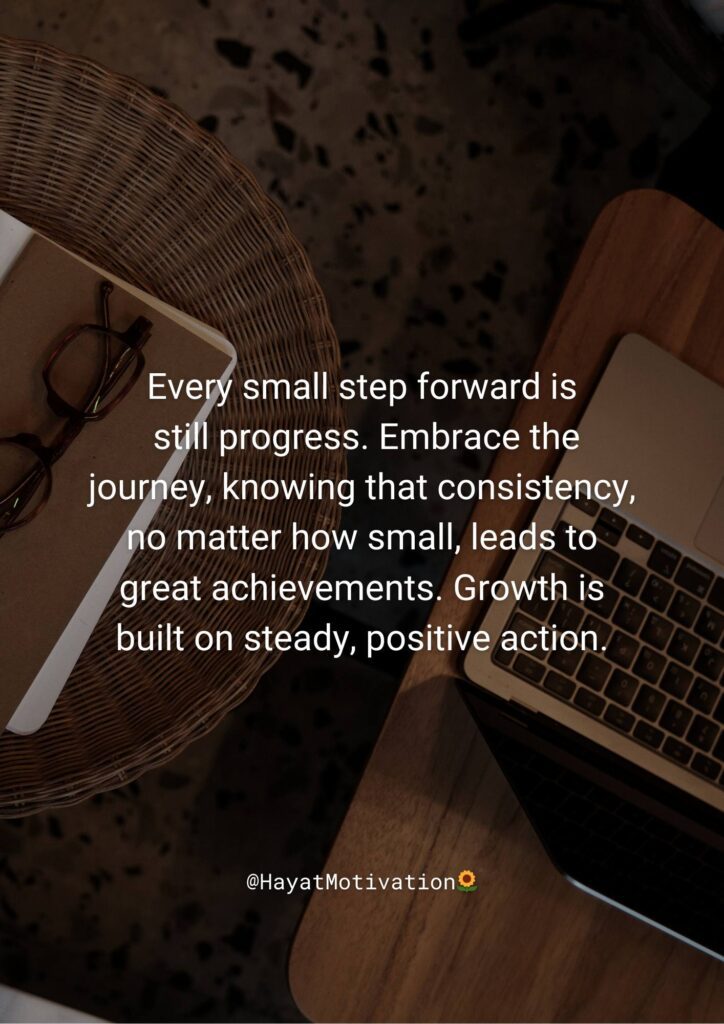
Overcoming Procrastination: Simple Strategies to Boost Productivity and Achieve Your Goals
Procrastination is a challenge many people face, whether in work, school, or personal endeavors. It’s easy to delay tasks, but in the long run, procrastination can affect your productivity and overall well-being. Thankfully, overcoming procrastination is possible with a few simple, actionable strategies.
Understanding Procrastination
At its core, procrastination is the act of delaying tasks that need to be done, often due to fear, self-doubt, or a lack of motivation.
Research suggests that procrastination is more about avoiding discomfort than laziness. Studies by Dr. Piers Steel, author of The Procrastination Equation, show that procrastination is tied to poor time management, a lack of self-control, and emotional regulation issues. However, by recognizing the underlying causes, we can take steps to overcome it.
“Every small step forward is still progress.” Embrace the journey, knowing that consistency, no matter how small, leads to great achievements. Growth is built on steady, positive action.

Simple Strategies to Overcome Procrastination
1. Break Tasks into Smaller Steps
One of the most effective ways to defeat procrastination is to break large tasks into manageable chunks. Instead of focusing on the overwhelming big picture, concentrate on completing one small step at a time. This reduces the feeling of being overwhelmed and makes it easier to get started.
2. Set Clear, Achievable Goals
Setting realistic and specific goals is crucial. Instead of saying, “I need to finish this project,” break it down into smaller goals like, “I will write 500 words today.” Clear goals help you stay focused and motivated to accomplish one thing at a time.
3. Use the Pomodoro Technique
The Pomodoro Technique is a popular time-management method where you work for 25 minutes straight, followed by a 5-minute break. After four cycles, take a longer break.
This technique helps maintain focus and prevent burnout. Studies have shown that working in short bursts improves concentration and productivity.
4. Eliminate Distractions
Distractions can be a major contributor to procrastination. Turn off notifications, close irrelevant tabs, and create a focused environment to improve your concentration. Studies from Psychology Today suggest that reducing distractions enhances performance by allowing you to focus deeply on your work.
5. Practice Self-Compassion
It’s easy to get caught up in guilt for procrastinating, but practicing self-compassion can break this negative cycle. Research shows that people who are kind to themselves are more likely to take positive actions, while self-criticism often leads to more procrastination. Remember, progress is more important than perfection.
6. Reward Yourself for Completing Tasks
Incentivize yourself by setting up a reward system. Whether it’s a break, a snack, or some time to relax, giving yourself something to look forward to after completing a task can help reinforce positive behavior. Positive reinforcement is a proven method to motivate action.
“The sun always rises after the darkest night. “Difficult moments are temporary, and each day offers a new opportunity to rise, shine, and create a better tomorrow. Stay hopeful and resilient.

Conclusion
Procrastination is something we all face at some point, but it doesn’t have to control us. By implementing strategies like breaking tasks into smaller pieces, setting achievable goals, and using techniques like the Pomodoro method, we can take control of our time and increase our productivity. Remember, the key is to start small and stay consistent.
By applying these practical tips, you can gradually reduce procrastination, improve your work habits, and ultimately achieve your goals. Take one step at a time, and remember that overcoming procrastination is a skill you can develop with patience and persistence.